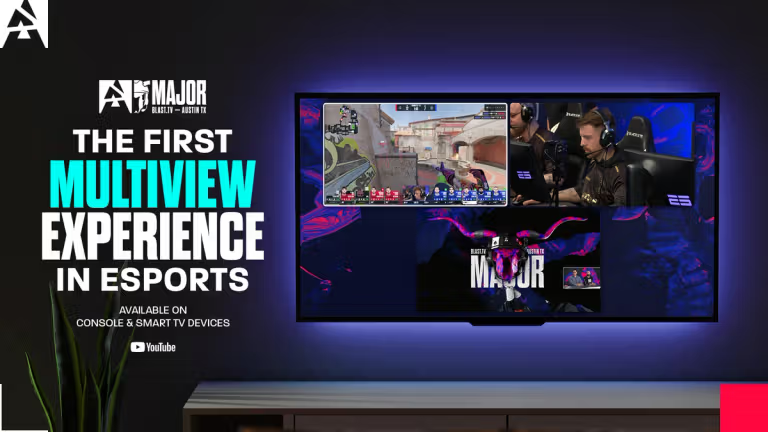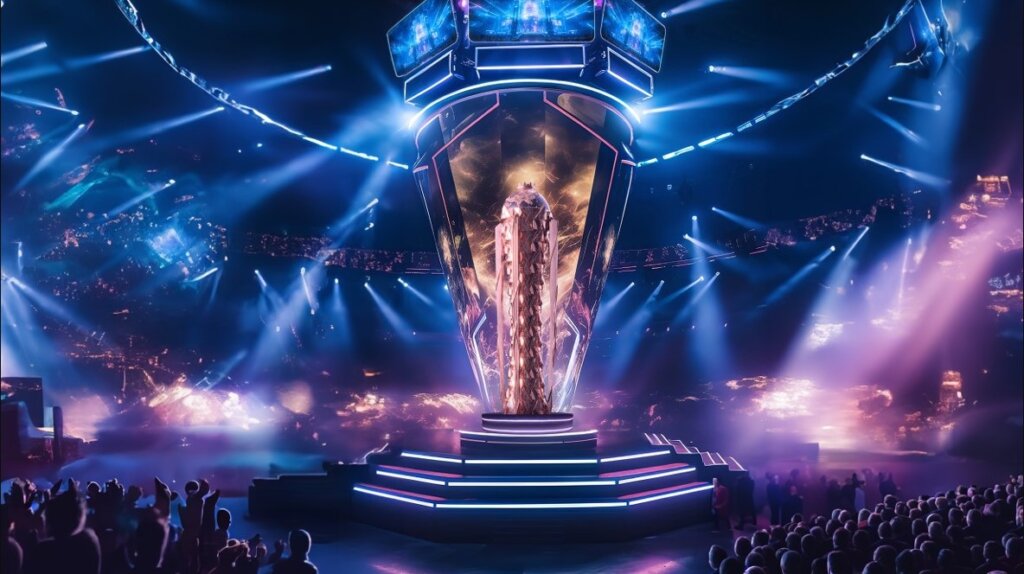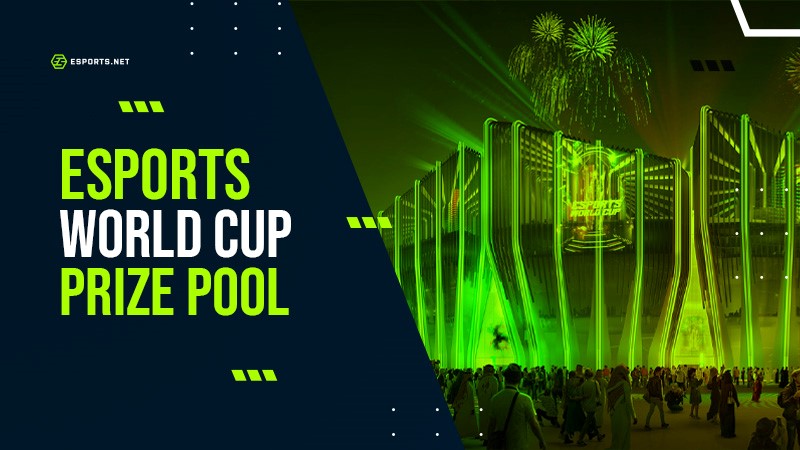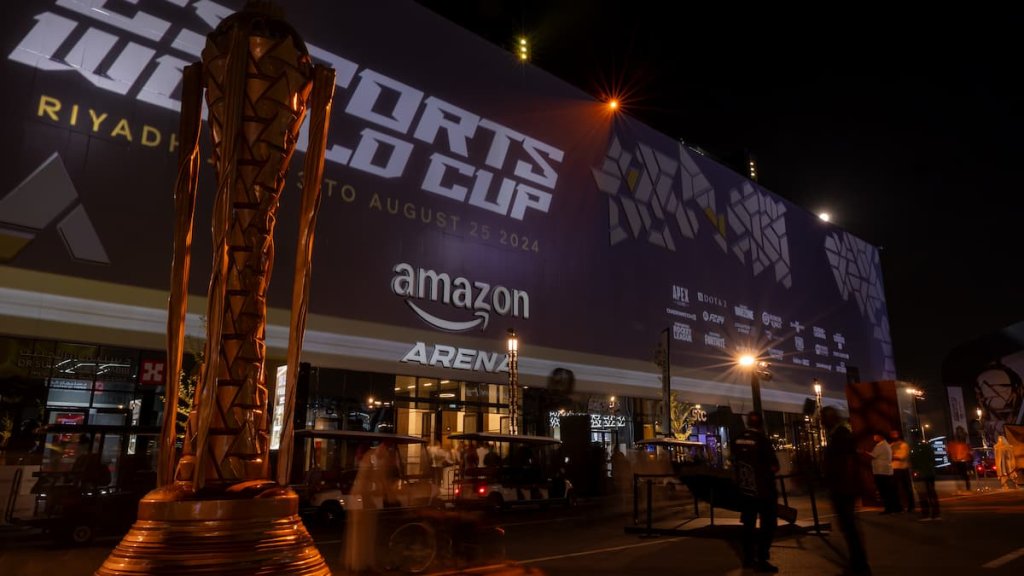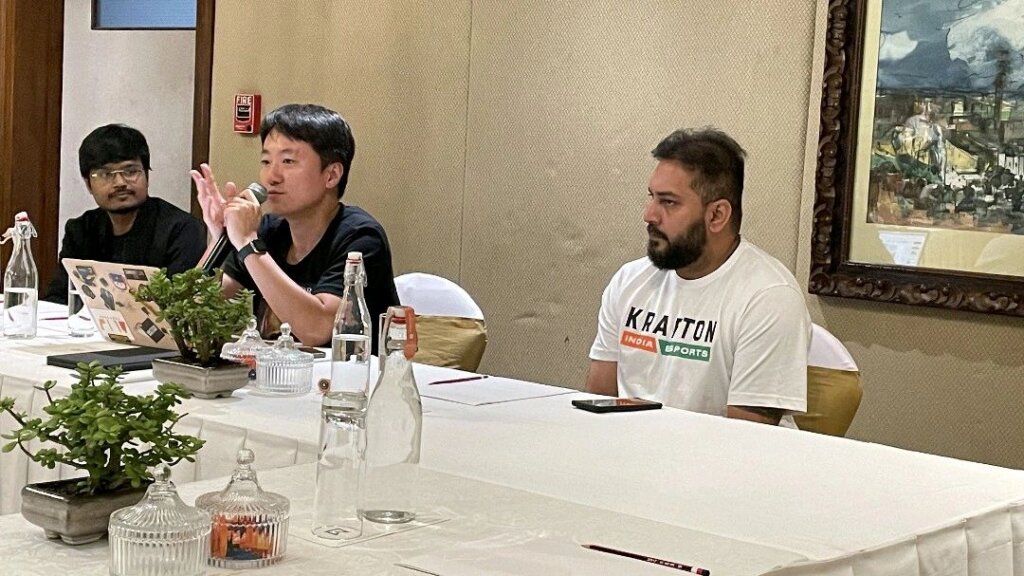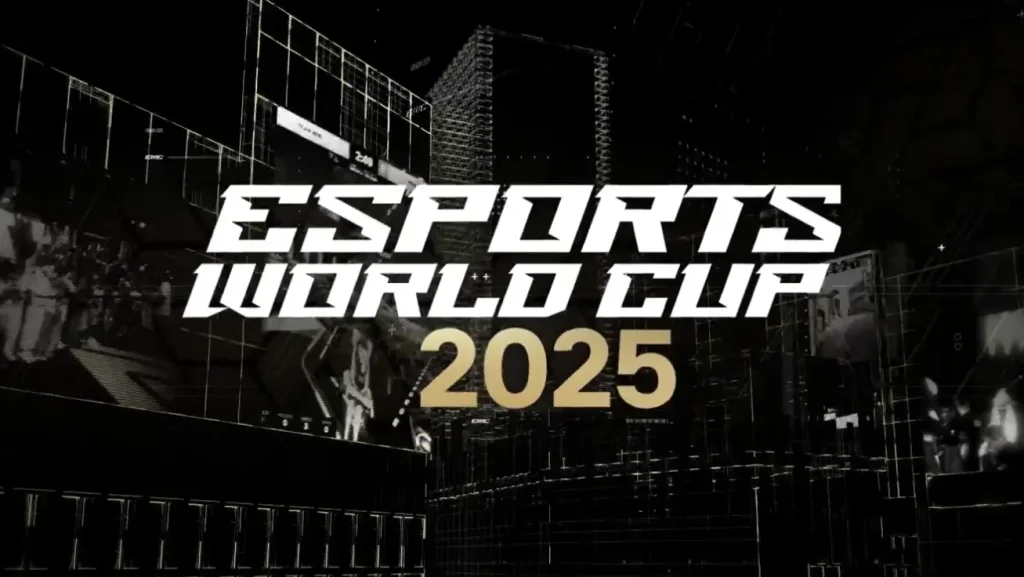
2018: The year that sponsors got serious about esports
The rapid growth of esports may have caught some major firms unaware, but 2018 was the year that all of the largest brands took a great amount of interest in competitive gaming. From enormous global payment brands like MasterCard, to fast food giants such as McDonald’s, it seems as though esports sponsorship deals stepped up a level throughout the year.
What was truly remarkable was the way in which certain sponsors aimed to penetrate certain niche markets with beauty brands targeting female gamers, whilst alcohol brands looked to cater to the more mature esports fan. And when even the US Air Force and Navy starts getting involved in esports sponsorship, it seems that 2018 marked a watershed year for the way in which large companies and organisations perceive competitive gaming.
The battle for payments
A report by Forbes stated that the esports industry’s revenues were expected to hit $900 million in 2018, and so it was little surprise to see how the world’s leading payment brands wanted to get involved. Visa Europe had already been a key player in the esports scene with sponsorship deals with teams like SK Gaming, but PayPal made big waves in 2018 when it was announced that they would be sponsoring a large number of Rainbow Six Siege tournaments throughout 2019.

© Ubisoft
However, it was the news that MasterCard had signed a multi-year deal to be the global sponsor of League of Legends that really took things up a level. This epic deal marks a huge shift in the perceived stability of esports and will counter the accusations that games have a short shelf life. In addition to this, there were several cryptocurrency brands looking to bolster their profile, with the likes of Enjin Coin becoming the dedicated cryptocurrency sponsor of NRG Esports.
Alcohol brands enter the fray
Gamers might be closely associated with energy drinks, but 2018 was a year when several major alcoholic drink manufacturers aimed to cater to older gamers. The US beer brand, Budweiser, spent a significant amount of resources in creating bar lounges at DreamHack in Atlanta and Austin, and even set up a Twitch channel to profile their Bud-light AllStars sponsored players.
Elsewhere we saw the German beer brewer, Warsteiner, signing a three-year deal with the ESL tournament organisers, whilst attendees at ELEAGUE were treated to a range of Kraken Black Spiced Rum promotions. These moves mark how esports competitors and fans are maturing and so we can expect to see many similar sponsorship deals in the future.
Big moves from telecommunications brands
2018 also saw plenty of telecoms companies stepping up their efforts to influence esports fans. HTC took the lead with sponsorship deals with legendary esports teams like Liquid, Cloud9 and Team SoloMid, whilst Vodafone partnered up with ESL and even made the Spanish esports team, Giants Gaming, change their team name to Vodafone Giants.
The Russian telecoms firm, Megafon, went one step further in their sponsorship deal with the Virtus.pro team. Whilst many Virtus.pro fans weren’t thrilled when the team colours were changed to match the branding of Megafon, the telecoms brand eventually changed their mind and reverted the colours back to normal, although they still managed to tinker with the team’s logo.
Surprising entrants in the esports scene
Energy drinks brands like Red Bull have been a consistent sight on the esports scene, but 2018 marked the year that we saw plenty of less familiar brands aiming to jump on the competitive gaming bandwagon. Whilst many companies sponsor esports to target the young male demographic, the French beauty brand, Sephora, partnered with the GIRLGAMER Esports Festival to cater to the growing number of female gamers.
The armed forces in the US have been suffering issues with recruitment numbers recently, and so it’s been fascinating to see how they have been making their presence felt in the esports scene. 2018 saw the US Air Force sponsoring ELEAGUE tournaments, whilst the US Navy even partnered up with the Grizz Gaming NBA2K team.
Above all, it’s the sheer range of non-endemic brands sponsoring esports that illustrates how keen firms are to promote competitive gaming. Some of these sponsorship deals made sense as was seen when the motor car brand, Porsche, decided to partner up with the iRacing World Championship Series, but some other alliances are a little more surprising.

© iRacing
From the AirAsia airline sponsoring a Dota 2 team, to the Turtle Wax car cleaning brand partnering with the Splyce esports organisation, it seems that brands don’t have to have anything to do with video gaming to get involved with esports. But with other major multinationals like Coca Cola, McDonalds, Ford and Adidas rushing to enter the competitive gaming realm, it seems that esports is just too popular to ignore.
